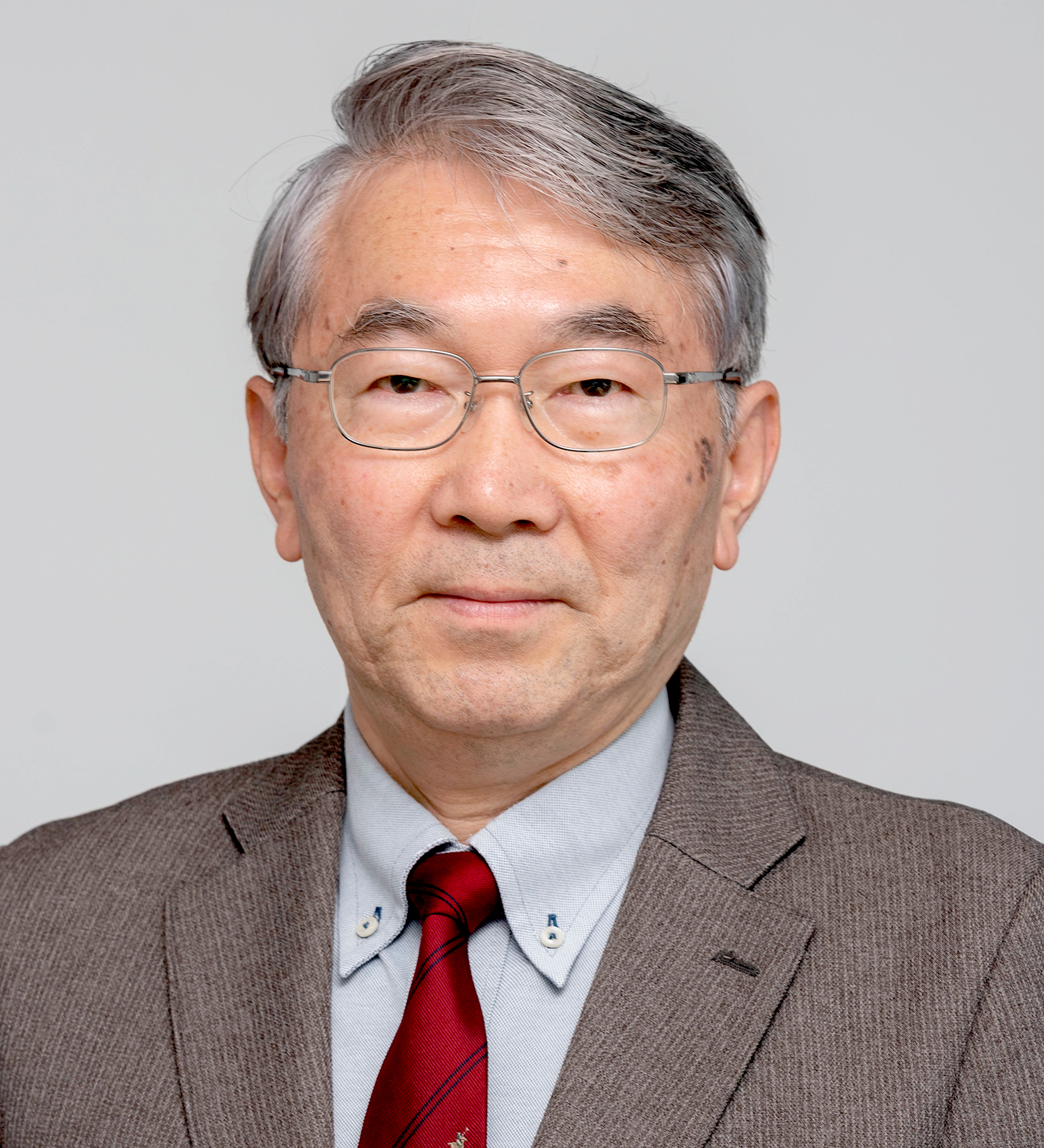Honorary Member

Dr. Hiroyo Ogawa graduated from the Department of Electronic Engineering, School of Engineering, Hokkaido University in 1974, completed the master's program at the same university in 1976, and joined the YOKOSUKA Electrical Communication Laboratory of Nippon Telegraph and Telephone Public Corporation (currently NTT) in the same year. After working as a senior researcher at Advanced Telecommunications Research Institute International (ATR) in 1990 and as a group leader at NTT Radio Systems Laboratories in 1993, he transferred to the Communications Research Laboratory of the Ministry of Posts and Telecommunications in 1998. After that, in 2005, he served as director of the Yokosuka Wireless Communication Research Center at the National Institute of Information and Communications Technology (NICT). In 2008, he served as deputy director of the Association of Radio Industries and Businesses. Since 2015, he has been active in international spectrum standards as a NICT visiting researcher.
For many years, he worked on research and development of radio communication systems and equipment ranging from microwaves to millimeter waves at NTT, ATR, and NICT laboratories, and played a pioneering role in proposing and demonstrating high-frequency circuit technology, Radio on Fiber technology, and short-distance large-capacity transmission technology. His notable contribution is the outstanding achievement in the international standardization of these technologies and the international standardization of the spectrum extending to the terahertz wave band.
In high-frequency circuit technology, he contributed to the practical application of full MIC transmitters/receivers using Both-Sided planar circuit technology that utilizes both sides of the substrate. Furthermore, he devised Uniplanar-type millimeter-wave monolithic integrated circuit technology that allows circuit functions to be highly integrated on a single plane, which has significantly influenced the configuration of subsequent millimeter-wave radio communication devices.
For Radio on Fiber technology in the convergence of optics, microwaves, and millimeter waves, he proposed a millimeter-wave subcarrier transmission system as an effective transmission system for distributing millimeter-wave signals to hotspot areas, and demonstrated its effectiveness. He also played a key role in launching and establishing the Time-limited Technical Committee on Microwave Photonics (MWP) and the MWP International Conference to discuss this area. Furthermore, he founded a group to discuss standards for Radio on Fiber technology at the International Electrotechnical Commission and the Asia-Pacific Telecommunication Standardization Organization. He is contributing to the international spread of our technology.
In the millimeter-wave short-distance high-capacity transmission technology, from the beginning, he made a significant contribution to establishing a group to discuss the 60GHz standard within IEEE802 to develop a global standard using research results. In addition, he played a leading role in revising Radio Regulations at the World Radiocommunication Conference to open the spectrum to mobile and fixed radio systems in the terahertz wave band, and made remarkable achievements. On the other hand, he has also made a leading contribution to formulating technical standards for deregulating the 60GHz band in domestic radio administration.
He received the IEICE Best Paper Award, IEICE Achievement Award, IEICE Distinguished Achievement and Contributions Award, Hisoka Maejima Award, ITU-AJ Accomplishment Award, Industrial Standardization Award (Minister of Economy, Trade and Industry Award), and Information Communication Award (TTC Chairman Award), etc. Also, IEICE and IEEE awarded him the title of Fellow. In addition, he has contributed to the development of the radio communication field and also the development of IEICE from the aspect of radio administration as an expert member of the Ministry of Internal Affairs and Communications, Information and Communications Council and in academics, such as holding the Chair of the Technical Committee at the IEICE.
As described above, Dr. Ogawa's achievements in electronic information communication and standardization are highly remarkable. We are convinced Dr. Ogawa is suitable for an Honorary Member of IEICE and recommend him.